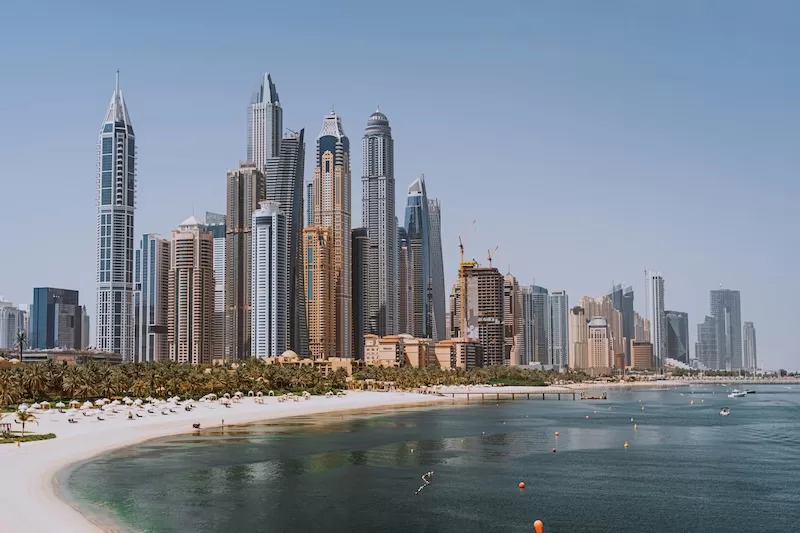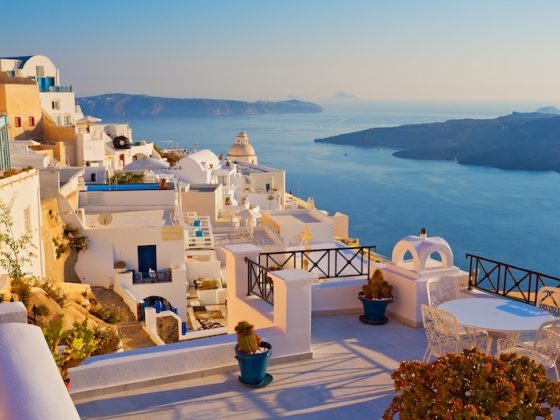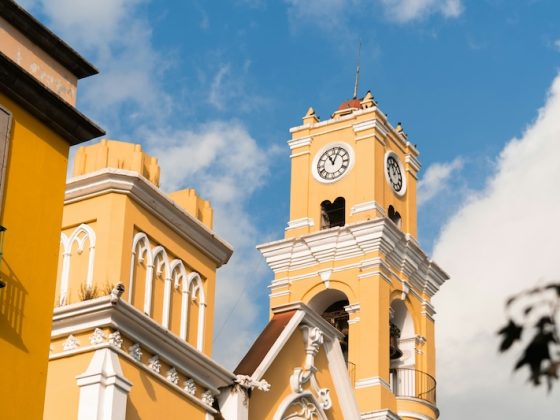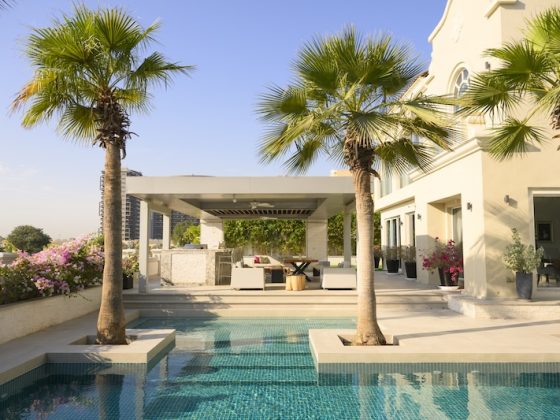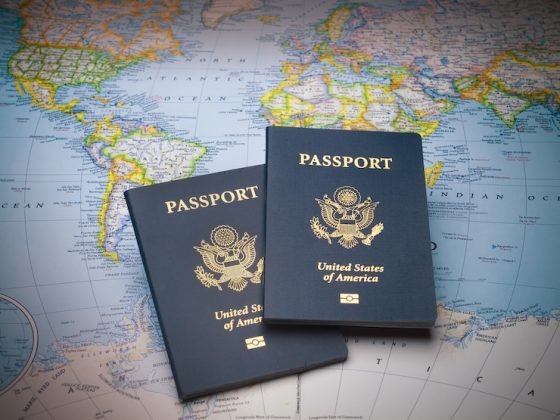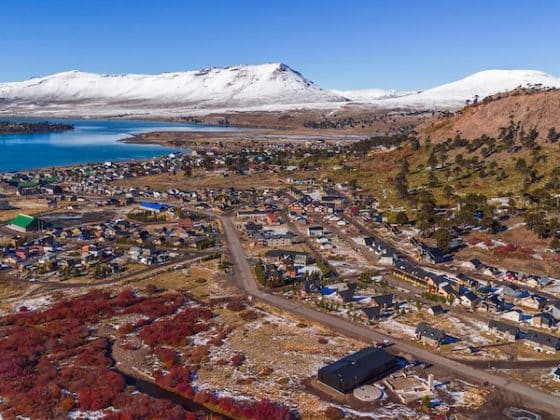Once seen as a golden ticket to residency in some of the world’s most desirable destinations, the golden visa is undergoing a major transformation. For more than a decade, investor visa programs across Europe and beyond offered residency by investment—and in many cases a pathway to citizenship—in exchange for capital. From real estate purchases to government bonds, these programs attracted a surge of high-net-worth individuals, digital nomads, and global retirees seeking greater freedom of movement and lifestyle.
But times have changed. With housing shortages, shifting political tides, and rising concerns over fairness and transparency, many countries are now rethinking what residency by investment should look like. Portugal, Spain, Ireland, and Greece—formerly champions of the golden visa—are tightening their rules, eliminating property-based options, or scrapping the schemes entirely. Yet rather than disappearing, the golden visa is evolving. A new generation of residency routes is emerging—more dynamic, more sustainable, and often, more accessible.
Read more like this Things to know if you ‘re Moving in Ireland
Portugal: New Rules, Same Appeal
For years, Portugal’s golden visa was one of the most popular in Europe, offering residency by investment to non-EU nationals in exchange for real estate purchases, business investments, or capital transfers. But in 2023, the government officially ended the real estate component of the program, citing rising property prices and local housing pressure.
Today, Portugal still welcomes investors—but with a revised focus. Now, applicants can qualify through venture capital funds, scientific research donations, or job creation. The shift marks a move toward encouraging economic growth that doesn’t contribute to housing inflation or gentrification.
Portugal’s D7 visa, designed for passive income earners, and the newer digital nomad visa, have gained traction as softer-entry alternatives. Both offer temporary residency by investment to those with regular income or remote work, no major investment required.

Greece: Raising the Bar
Greece’s golden visa program has remained popular due to its relatively low minimum investment (€250,000) and generous benefits, including family reunification and visa-free Schengen access. However, in 2023, Greece doubled the minimum investment to €500,000 in certain high-demand areas like Athens and Santorini in an effort to ease housing market pressure.
The program is still active and property-based, but more expensive and regionally restricted. Investors are increasingly looking outside the capital for value, while others are turning to alternative routes like company formation or startup incubators under Greece’s new entrepreneur-focused pathways.
Greece also continues to refine its digital nomad visa, offering one-year residency (renewable) to remote workers earning at least €3,500/month. While not a golden visa in the traditional sense, it reflects the country’s shifting priorities: attracting long-term contributors rather than just capital.
Spain: On the Chopping Block
Spain was once a leading player in Europe’s golden visa space, offering residency by investment for a €500,000 property investment. However, in 2024, Spain’s government announced its intention to phase out the real estate route entirely. The decision, fueled by housing shortages and political pushback, mirrors broader European sentiment about limiting speculative property investment.
For now, the program still exists, but its days may be numbered. Alternatives are gaining visibility. Spain’s non-lucrative visa allows for residency by investment without work—ideal for retirees or those living off passive income. The digital nomad visa, introduced in 2023, offers a five-year path to residency for remote workers and entrepreneurs.
As golden visas in their traditional form come under fire, Spain appears to be shifting toward mobility-friendly solutions that prioritize integration over investment.

Read more like this: Top 10 Things to Know if You’re Moving to Spain
United Arab Emirates: Long Stay, Low Tax
The UAE doesn’t offer a golden visa in the classic European model—but it does offer long-term residency by investment for investors, entrepreneurs, and professionals through several forward-thinking programs. In 2022, Dubai and Abu Dhabi introduced a 10-year Golden Visa for eligible applicants, including investors in property or startups, scientists, creatives, and tech professionals.
There’s no requirement to live full-time in the country, and there are no income taxes, making it a favored option for those seeking financial efficiency. Unlike European programs, the UAE prioritizes business activity and economic contribution over passive real estate holding.
With streamlined application systems, no inheritance or wealth taxes, and a fast-growing innovation economy, the UAE has become a key player in the next phase of global residency.
Malta: Citizenship Still for Sale
Unlike other EU countries, Malta offers both a residency by investment program and a citizenship-by-investment pathway. Under the Malta Permanent Residence Programme (MPRP), applicants can gain permanent residency through a combination of government contributions, property leasing or purchase, and donations to local NGOs.
Malta’s Individual Investor Programme (IIP) allows for direct citizenship after one to three years of residency by investment, in exchange for a hefty investment—typically more than €750,000. However, the program has drawn criticism from the European Commission and may be subject to further regulation or discontinuation.
Despite this, Malta remains a rare option in the EU for those seeking citizenship through financial contribution. It continues to attract investors with its English-speaking population, strong passport, and relatively fast processing times—though the future of its programs remains uncertain.

Caribbean Nations: Citizenship, No Relocation Needed
While Europe tightens its rules, Caribbean nations continue to offer relatively fast, low-cost pathways to second citizenship. Countries like Saint Kitts and Nevis, Antigua and Barbuda, Dominica, Grenada, and Saint Lucia all operate long-standing citizenship by investment (CBI) programs. These typically involve either a government donation (starting around $100,000) or a real estate investment.
Applicants receive full citizenship, often within three to six months, with visa-free access to over 140 countries including the EU and UK. These passports don’t provide EU residency, but they do offer mobility, security, and in some cases, tax advantages.
The Caribbean’s programs are under increased international scrutiny for due diligence standards, but they remain viable—and popular—options for those seeking a second passport without a long wait or physical relocation requirement.
Singapore: High Bar, High Reward
Singapore doesn’t offer a traditional golden visa—but it does offer a coveted Global Investor Program (GIP), which grants permanent residency to individuals investing at least SGD 2.5 million in a qualifying business or fund. The process is selective and rigorous, with strong requirements around business plans, employment creation, and due diligence.
For high-net-worth individuals seeking long-term stability in Asia, Singapore provides exceptional infrastructure, low corruption, and access to one of the strongest passports in the world. While expensive and competitive, the GIP is viewed as a serious route to long-term residency in a country known for financial prudence and high living standards.
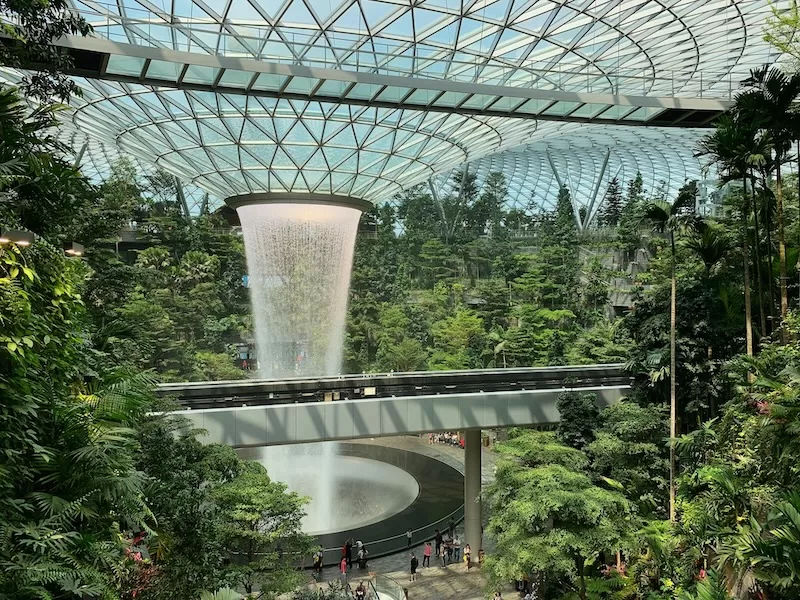
Read more like this: Why Securing a Second Residency is Crucial to Your Escape Plan
Uruguay: Citizenship Without a Price Tag
For those interested in financial freedom without large upfront investments, Uruguay offers an open-door alternative. The country allows foreigners to apply for residency with few barriers—there’s no minimum investment, no quota, and no language requirement. After five years (or three for families), residents can apply for citizenship.
Uruguay doesn’t have a golden visa, but its accessible path to residency and citizenship has made it attractive to financially independent individuals seeking long-term stability in Latin America. The country offers a favorable tax regime, reliable institutions, and political neutrality.
Its open policies and fast-track naturalization make it an outlier in the region—and a compelling choice for those who prefer substance over symbolism when it comes to freedom of movement.
Thailand: Pay to Stay Longer
Thailand Elite is one of the most unique programs on the market. Technically not a visa or citizenship track, it’s a long-stay privilege program that offers renewable residency rights in exchange for a membership fee. Packages range from five to twenty years, with prices starting at around $18,000.
While it doesn’t offer permanent residency or citizenship, it’s become popular among digital nomads, retirees, and slow travelers who want hassle-free, long-term access to the country. Members receive fast-track immigration lanes, airport services, and concierge assistance—appealing extras for those prioritizing convenience.
Thailand also offers more conventional residency options through investment, employment, or retirement visas, though they typically involve more paperwork and renewal constraints.

Read more like this: The 12 Best Residency and Citizenship by Investment Options Under $200k
Where We’re Headed
As traditional golden visas give way to more targeted, flexible residency by investment options, the global landscape for international living is becoming more diverse—and in many cases, more inclusive. Governments are reassessing what kinds of migrants they want to attract: not just those with deep pockets, but those who can contribute skills, innovation, and sustainable value.
What’s emerging is a patchwork of new programs: digital nomad visas, entrepreneur permits, startup residency schemes, and hybrid solutions that blend lifestyle with long-term strategy. While the golden visa is far from dead, its makeover reflects a broader shift in how countries—and individuals—think about mobility, opportunity, and belonging.
For global citizens seeking a Plan B or simply a new way to live and invest, the future of residency by investment may look less like a one-time purchase and more like a carefully chosen partnership.
Stay updated with the latest news, global developments, and emerging trends from around the world. Subscribe now to receive in-depth analysis, expert perspectives, and real-time updates delivered straight to your inbox!
Contact Author
"*" indicates required fields
Stay Ahead on Every Adventure!
Stay updated with the World News on Escape Artist. Get all the travel news, international destinations, expat living, moving abroad, Lifestyle Tips, and digital nomad opportunities. Your next journey starts here—don’t miss a moment! Subscribe Now!
